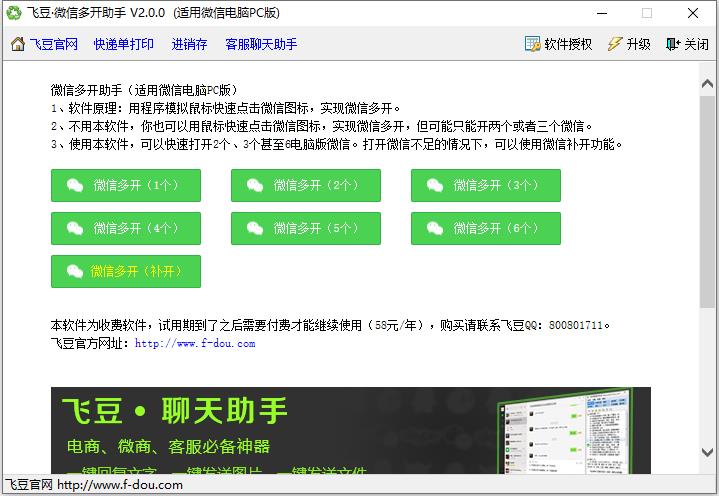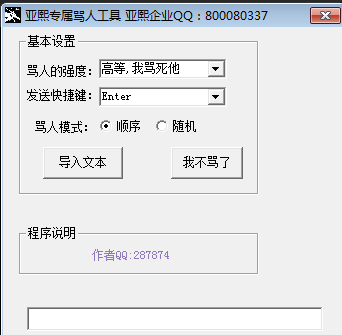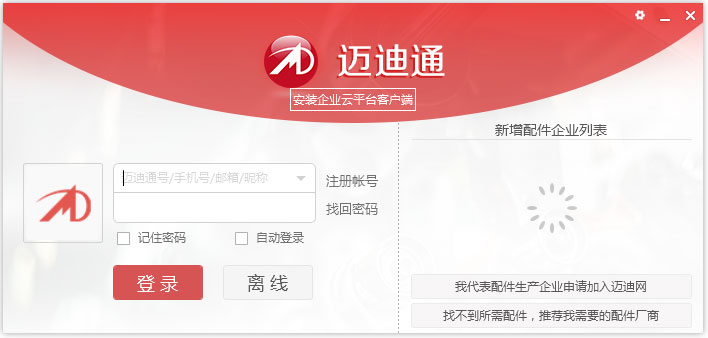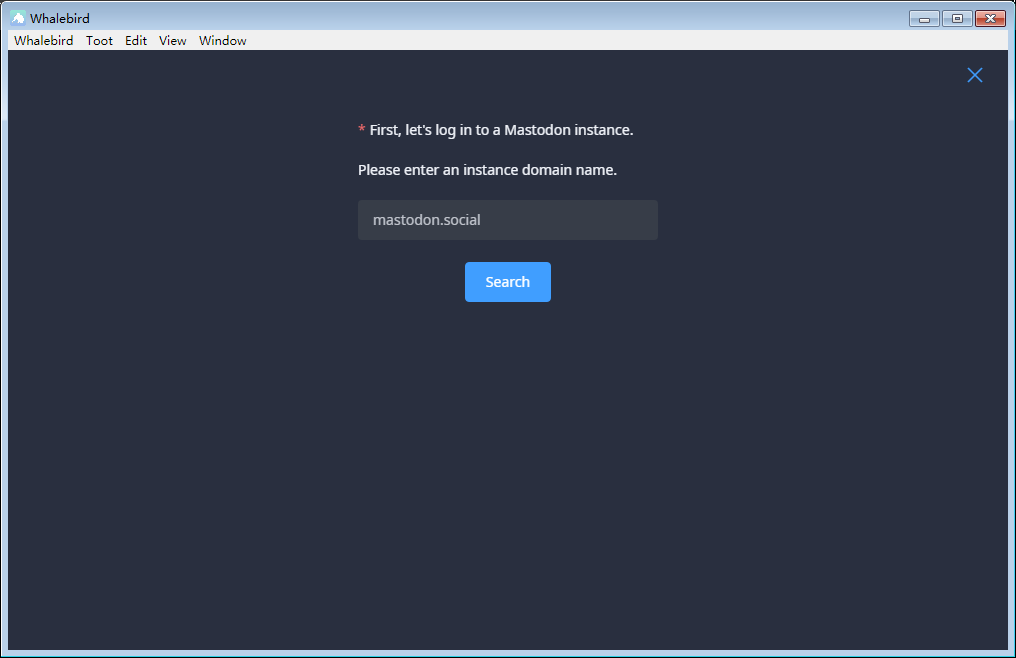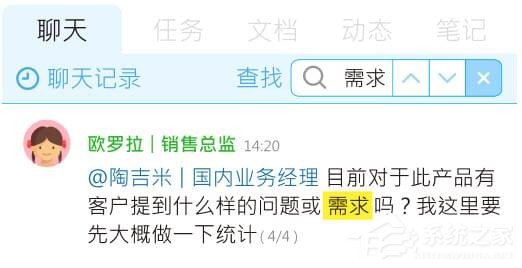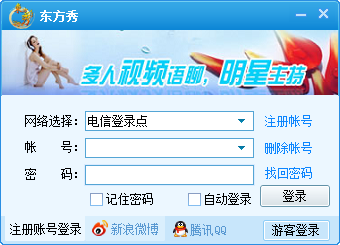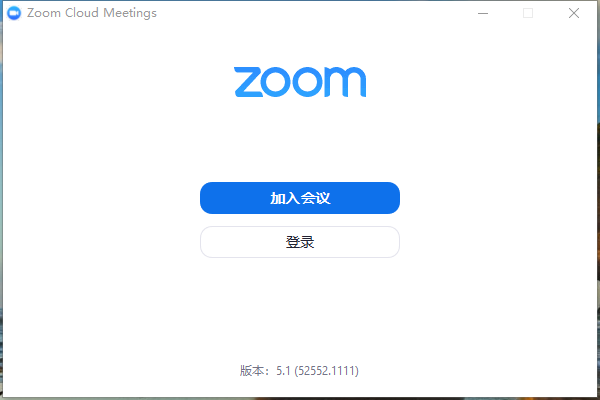C#如何冒泡排序?冒泡排序程序的编写
时间:2018-10-29 17:25
本篇文章给大家带来的内容是介绍C#如何冒泡排序?冒泡排序程序的编写。有一定的参考价值,有需要的朋友可以参考一下,希望对你们有所帮助。
考虑到很多面试可能会考察冒泡排序的用法,所以特地花时间厘清了一下思路。下面说一下思路:
冒泡排序核心就是比较方法,冒泡排序的比较方法顾名思义就是像气泡一样,最大(或者最小)的数往上冒。
普通比较几个数,我们可以用if(a>b)然后c=a;b=a 。。。。这类方法,把大数暂存到c中,然后小的数存到a中
原本的比较小的数继续跟其他数比较。冒泡排序也是如此,不过冒泡排序比较的数据比较多,需要用到for循环,
一个数比较完,比较下一个,一直循环到最后一个,先找出最大的数,然后再找第二大的,以此类推。
实现程序如下:
using System;
using System.Collections.Generic;
using System.ComponentModel;
using System.Data;
using System.Drawing;
using System.Linq;
using System.Text;
using System.Windows.Forms;
namespace BubbleUpSort
{
public partial class Frm_Main : Form
{
public Frm_Main()
{
InitializeComponent();
}
private int[] G_int_value;//定义数组字段
private Random G_Random = new Random();//创建随机数对象
private void btn_sort_Click(object sender, EventArgs e)
{
if (G_int_value != null)
{
//定义两个int类型的变量,分别用来表示数组下标和存储新的数组元素
int j, temp;
for (int i = 0; i < G_int_value.Length - 1; i++)//根据数组下标的值遍历数组元素
{
j = i + 1;
id://定义一个标识,以便从这里开始执行语句
if (G_int_value[i] > G_int_value[j])//判断前后两个数的大小
{
temp = G_int_value[i];//将比较后大的元素赋值给定义的int变量
G_int_value[i] = G_int_value[j];//将后一个元素的值赋值给前一个元素
G_int_value[j] = temp;//将int变量中存储的元素值赋值给后一个元素
goto id;//返回标识,继续判断后面的元素
}
else
if (j < G_int_value.Length - 1)//判断是否执行到最后一个元素
{
j++;//如果没有,则再往后判断
goto id;//返回标识,继续判断后面的元素
}
}
txt_str2.Clear();//清空控件内字符串
foreach (int i in G_int_value)//遍历字符串集合
{
txt_str2.Text += i.ToString() + ", ";//向控件内添加字符串
}
}
else
{
MessageBox.Show("首先应当生成数组,然后再进行排序。", "提示!");
}
}
private void btn_Generate_Click(object sender, EventArgs e)
{
G_int_value = new int[G_Random.Next(10, 20)];//生成随机长度数组
for (int i = 0; i < G_int_value.Length; i++)//遍历数组
{
G_int_value[i] = G_Random.Next(0, 100);//为数组赋随机数值
}
txt_str.Clear();//清空控件内字符串
foreach (int i in G_int_value)//遍历字符串集合
{
txt_str.Text += i.ToString() + ", ";//向控件内添加字符串
}
}
}
}设计代码如下:
namespace BubbleUpSort
{
partial class Frm_Main
{
/// <summary>
/// 必需的设计器变量。
/// </summary>
private System.ComponentModel.IContainer components = null;
/// <summary>
/// 清理所有正在使用的资源。
/// </summary>
/// <param name="disposing">如果应释放托管资源,为 true;否则为 false。</param>
protected override void Dispose(bool disposing)
{
if (disposing && (components != null))
{
components.Dispose();
}
base.Dispose(disposing);
}
#region Windows 窗体设计器生成的代码
/// <summary>
/// 设计器支持所需的方法 - 不要
/// 使用代码编辑器修改此方法的内容。
/// </summary>
private void InitializeComponent()
{
this.btn_sort = new System.Windows.Forms.Button();
this.btn_Generate = new System.Windows.Forms.Button();
this.groupBox1 = new System.Windows.Forms.GroupBox();
this.txt_str = new System.Windows.Forms.TextBox();
this.groupBox2 = new System.Windows.Forms.GroupBox();
this.txt_str2 = new System.Windows.Forms.TextBox();
this.groupBox1.SuspendLayout();
this.groupBox2.SuspendLayout();
this.SuspendLayout();
//
// btn_sort
//
this.btn_sort.Location = new System.Drawing.Point(107, 67);
this.btn_sort.Name = "btn_sort";
this.btn_sort.Size = new System.Drawing.Size(86, 23);
this.btn_sort.TabIndex = 0;
this.btn_sort.Text = "冒泡排序";
this.btn_sort.UseVisualStyleBackColor = true;
this.btn_sort.Click += new System.EventHandler(this.btn_sort_Click);
//
// btn_Generate
//
this.btn_Generate.Location = new System.Drawing.Point(107, 70);
this.btn_Generate.Name = "btn_Generate";
this.btn_Generate.Size = new System.Drawing.Size(86, 23);
this.btn_Generate.TabIndex = 1;
this.btn_Generate.Text = "生成随机数组";
this.btn_Generate.UseVisualStyleBackColor = true;
this.btn_Generate.Click += new System.EventHandler(this.btn_Generate_Click);
//
// groupBox1
//
this.groupBox1.Controls.Add(this.txt_str);
this.groupBox1.Controls.Add(this.btn_Generate);
this.groupBox1.Location = new System.Drawing.Point(12, 10);
this.groupBox1.Name = "groupBox1";
this.groupBox1.Size = new System.Drawing.Size(305, 100);
this.groupBox1.TabIndex = 2;
this.groupBox1.TabStop = false;
this.groupBox1.Text = "生成随机数组";
//
// txt_str
//
this.txt_str.Location = new System.Drawing.Point(6, 20);
this.txt_str.Multiline = true;
this.txt_str.Name = "txt_str";
this.txt_str.Size = new System.Drawing.Size(293, 44);
this.txt_str.TabIndex = 4;
//
// groupBox2
//
this.groupBox2.Controls.Add(this.txt_str2);
this.groupBox2.Controls.Add(this.btn_sort);
this.groupBox2.Location = new System.Drawing.Point(12, 116);
this.groupBox2.Name = "groupBox2";
this.groupBox2.Size = new System.Drawing.Size(305, 97);
this.groupBox2.TabIndex = 3;
this.groupBox2.TabStop = false;
this.groupBox2.Text = "排序随机数组";
//
// txt_str2
//
this.txt_str2.Location = new System.Drawing.Point(6, 20);
this.txt_str2.Multiline = true;
this.txt_str2.Name = "txt_str2";
this.txt_str2.Size = new System.Drawing.Size(293, 41);
this.txt_str2.TabIndex = 5;
//
// Frm_Main
//
this.AutoScaleDimensions = new System.Drawing.SizeF(6F, 12F);
this.AutoScaleMode = System.Windows.Forms.AutoScaleMode.Font;
this.ClientSize = new System.Drawing.Size(329, 219);
this.Controls.Add(this.groupBox2);
this.Controls.Add(this.groupBox1);
this.Name = "Frm_Main";
this.StartPosition = System.Windows.Forms.FormStartPosition.CenterScreen;
this.Text = "使用冒泡排序法对一维数组进行排序";
this.groupBox1.ResumeLayout(false);
this.groupBox1.PerformLayout();
this.groupBox2.ResumeLayout(false);
this.groupBox2.PerformLayout();
this.ResumeLayout(false);
}
#endregion
private System.Windows.Forms.Button btn_sort;
private System.Windows.Forms.Button btn_Generate;
private System.Windows.Forms.GroupBox groupBox1;
private System.Windows.Forms.GroupBox groupBox2;
private System.Windows.Forms.TextBox txt_str;
private System.Windows.Forms.TextBox txt_str2;
}
}以上就是C#如何冒泡排序?冒泡排序程序的编写的详细内容,更多请关注gxlsystem.com其它相关文章!
